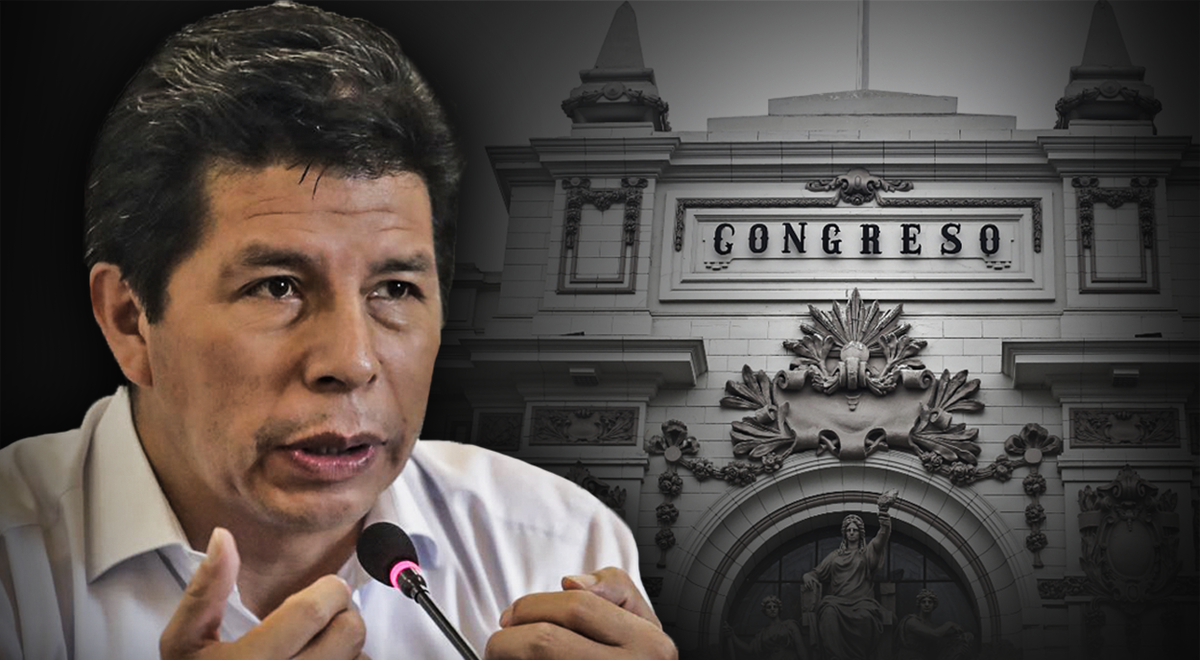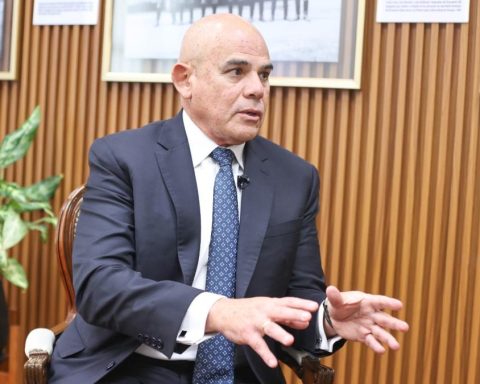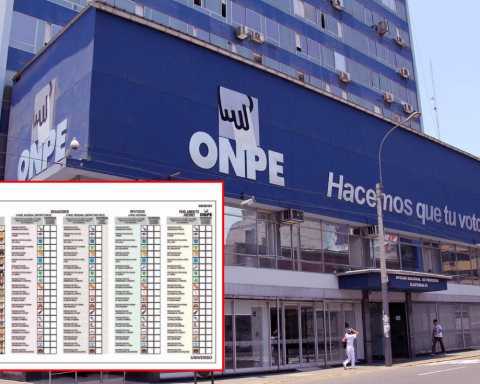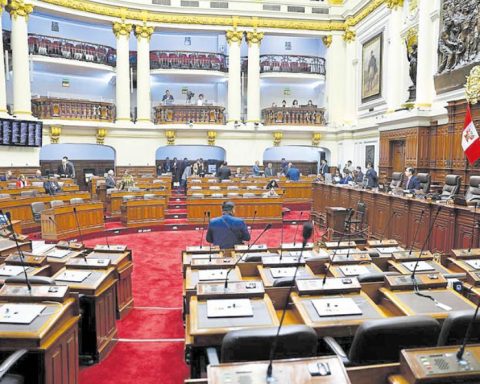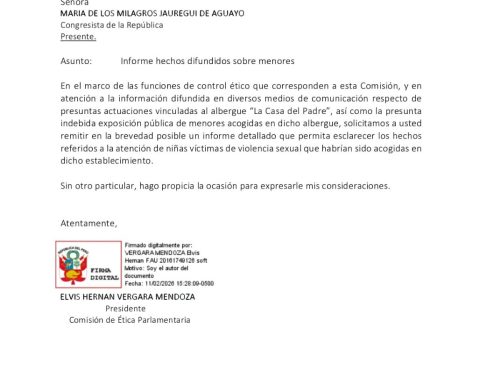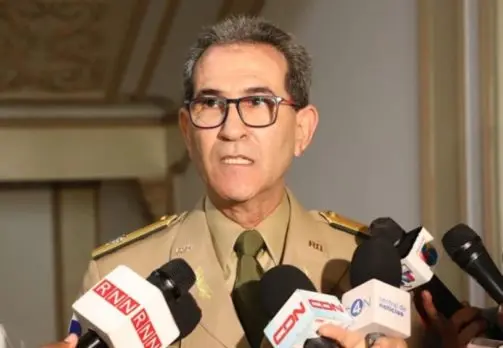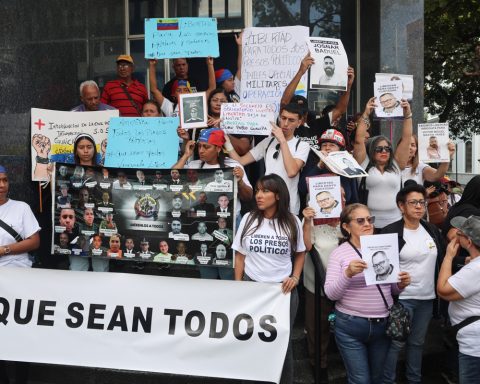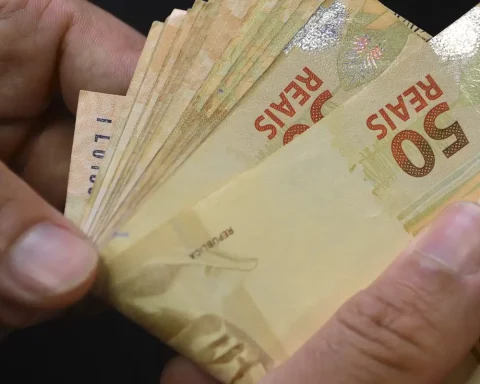At the close of this note, there were 11 votes in favor of the final report that recommends disqualifying President Pedro Castillo from public office for five years. The speaker of this case, Diego Bazán, from Avanza País, accuses him of having committed the crime of treason and having violated the Constitution by declaring on CNN about the possibility of an exit to the sea for Bolivia.
Five congressmen from Fuerza Popular, two from Acción Popular, two from Avanza País and two from Renovación Popular would vote, according to the sources consulted by La República, to give the green light to the Bazán file. While on the left and the ruling party there are 10 votes, from Peru Libre, Cambio Democrático, Peru Democrático, Perú Bicentenario, Bloc Magisterial and Acción Popular.
The majority of congressmen and sources consulted have preferred to declare anonymously, because making their position public before the vote means advancing opinion and putting the process at risk.
It transpired that Luis Aragón, from Popular Action, was going to vote in favor. Aragón, although he does not belong to the group of “Los Niños”, does not share the faction of María del Carmen Alva, either. as do his AP co-religionists who make up the Subcommission, Wilson Soto and José Arriola, who do support Bazán’s opinion. In an interview with Exitosa, Aragón said that he does not agree with the complaint. But that statement was before he officially joined the Subcommittee.
Vows that can define
The decisive votes this time will be from Hitler Saavedra, from Somos Perú; Susel Paredes, of Integrity and Development; and Lady Camones and Rosío Torres, from Alliance for Progress.
Diego Bazán, Advance Country. Wilson Soto, Popular Action. Photo: LR composition
In the case of Saavedra, he is one of the congressmen of Somos Perú who has signed the presidential vacancy motion, but that does not mean that he supports disqualifying the head of state through impeachment.
Of the same, Susel Paredes has been in favor of vacating Castlebut, at the end of this note, he did not specify how he will vote in the Bazán file.
The other unknown is APP. The president of the Subcommittee, Lady Camones, has not advanced an opinion. Nevertheless, let us remember that the audios with César Acuña from two months ago uncovered that he is in favor of removing the president.
In an interview with La República, Camones also stated that he will evaluate joining the Malaga motion after presenting the qualification report of the constitutional complaint of the Nation’s prosecutor, Patricia Benavides, against President Castillo, by criminal organization.
Camones, likewise, calculates that the disqualification of the president It will be voted on before the legislature ends. That is, before the end of this year.
His colleague Rosío Torres, meanwhile, is accused by the Prosecutor’s Office of being one of the congresswomen captured by this Government. To this is added that her permanence is uncertain in the Accusations Subcommittee.
The processed
According to information sent by the Supreme Court to Congress, Torres has a pending proceeding for money laundering. The congresswoman responded to this newspaper that this case was archived in 2017 and that it will not be withdrawn from the Subcommittee.
Article 20 of Parliament’s rules of procedure states that prosecuted parliamentarians cannot integrate the SAC and neither can the Ethics Commission.
For this reason, the president of Congress, José Williams, sent a letter to the APP spokesman, Alejandro Soto, warning him that if his bench does not withdraw Torres, it will be the Permanent Commission that will do it. APP, so far, has not responded to Williams.
Meanwhile, Torres’ vote, even more so if it is in favor of the Bazán report, could complicate the process.
Votes. Subcommittee on Constitutional Accusations is key. Photo: diffusion
Lawyer Jorge Zúñiga Escalante, who was advisor to the Constitution Commission, assures that if the parliamentarians with judicial pending vote in the Castillo case, there is a risk that the president’s defense will present an amparo and allege that the process is flawed.
But the case of Torres is not the only one. Yes ok the Free Peru and Popular Force benches have already exchanged Waldemar Cerrón and Martha Moyano for their cases still unresolved with justice, the benches of Podemos Peru and Avanza País have not yet done so.
We can notify the Subcommittee to make the change of Óscar Zea, by Heydi Juárez. The problem is that Juárez is not part of the Standing Commission. As long as it is not accredited, it will not be able to join the commission. Whether it is Zea or Juárez who votes, both are in favor of the government.
In Avanza País, legislator Norma Yarrow also alleges that her process was archived. With Torres and Yarrow, it will have to be the Supreme Court that confirms if the congresswomen are clean in their system. But if they vote this Friday, the Subcommittee is exposed to backlash from the president’s lawyers.
The scoreboard, for now, is 11 legislators in favor and 10 against. In an eventual tie, it is Camones who has the casting vote. The tilt of the balance depends on how APP, Somos Perú and Integrity and Development vote.
If approved in the SAC, the Permanent Commission votes on the case again. If you receive the permission of this instance, it will be the Plenary that has the last word. There the president must go with his lawyer to defend himself. The disqualification requires 66 votes, subtracting the members of the Permanent. So far, there are 66 congressmen who have signed the Malaga vacancy motion. A coincidence that shows that the opposition has the numbers in its favor.
The actions of the congress are monitored by the OAS
Approach. Pedro Grández, constitutionalist
It seems to me the worst of the many cases imputed to the president. And with the eyes of the Organization of American States (OAS) it is scandalous. One can say that he intends treason, but it cannot be a crime. As a crime, it supposes an act, not an opinion, not with assumptions.
There is a problem there. According to jurisprudence, these types of complaints limit rights, require a competent judge and a final criminal conviction, says the Inter-American Convention on Human Rights. The disqualification of an official, in this case, in which one is exercising conventional law, sometimes he forgets that the president came to office by universal suffrage and that he is exercising the right to passive suffrage and the right to active suffrage because the citizens have voted for the president.
Suspension for the prosecution to investigate the case
Approach. Ernesto Álvarez, constitutional lawyer, USMP
I am in favor of a suspension. The accusation of treason against the fatherland is risky because it may not meet minimum standards of credibility. Suspension is possible, but you have to pass the procedure first. It must be conceived from article 114.1 of the Constitution as a political measure of extreme urgency and seriousness, similar to vacancy, without constitutional accusation. The president can only be impeached constitutionally by the exceptions of 117.
The Plenary can suspend Pedro Castillo for the case of treason against the country without approving the report that recommends charging him, which is in the Subcommittee on Constitutional Accusations. It would be for a maximum period only for the preparatory investigation stage, culminating that the Nation’s prosecutor must inform the Plenary what it will decide: if the president continues or not.
Infographic – The Republic
